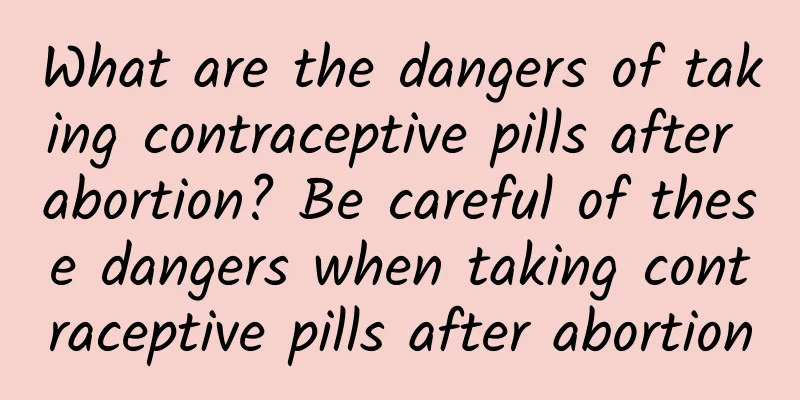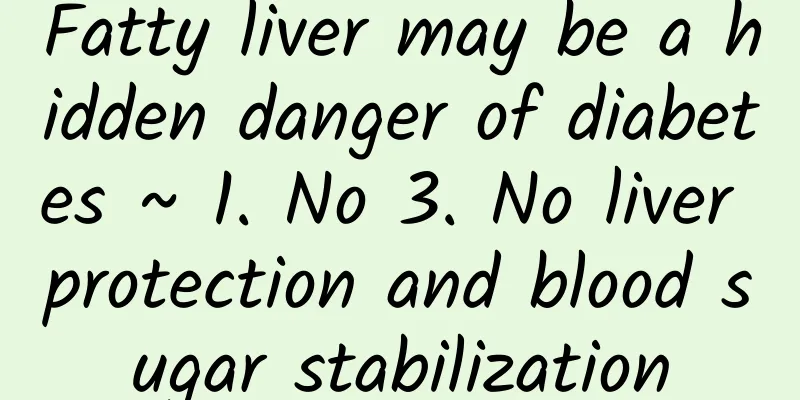Keep your nerves tight! Taipei City conducts large-scale inspections of 22 businesses

|
The Taipei City Government Health Bureau specially implemented the Department of Health's plan to expand the sampling of beta-receptor factors in commercially available meat. On the 20th, together with the Consumer Protection Officer and the Education Bureau, they went to 22 meat-using and selling businesses in the jurisdiction (including 5 supermarkets, 2 hypermarkets, 10 catering businesses, 3 traditional markets, and 2 school meat suppliers). A total of 36 pieces of meat (15 beef, 14 pork, 2 geese, 1 duck, and 4 chicken) were sampled and sent to the Health Bureau's laboratory for testing of 7 beta-receptor factors. The test results will be announced immediately after they are available. The Taipei City Government Health Bureau has specially implemented the Executive Yuan Department of Health's expansion of the beta-receptor sampling program for commercially available meat, and reminds the public that if they have any food safety and hygiene issues or consumer concerns, they can check the Food and Drug Consumer Information Service Network. (Photo/taken from Food and Drug Consumer Knowledge Service Network) The Taipei City Government's Health Bureau stated that the Department of Health, Executive Yuan, has set a plan to expand the sampling plan for beta-receptor agonists in commercially available meat. The national target number of samples is 1,000, and Taipei City is responsible for sampling 113 samples. The Health Bureau expects to complete the sampling and inspection between March 20 and April 18. For those whose inspection results do not meet the requirements, they will be considered to have violated Article 11, Paragraph 1, Item 5 of the Food Sanitation Management Act, which states "The content of animal drugs exceeds the safe tolerance limit." In addition to confiscating and destroying the products in accordance with Article 29, Paragraph 1 of the same Act, the source business may also be fined NT$60,000 to NT$6 million in accordance with Article 31 of the same Act. In addition, the Taipei City Government established the "Ractopamine Task Force for Meat Animals" on March 7. The various city government departments will divide up their tasks and conduct inspections and guidance on the "product name" and "country of origin" labeling of places that sell, use, and supply beef in accordance with the law. As of the 20th, a total of 918 businesses were inspected and no non-compliance was found. The Department of Health stated that the Taipei City policy is based on the two principles of "ensuring public food safety" and "respecting professionalism" as the primary considerations. Ractopamine is currently still not allowed to be detected according to the law. In the future, the Department of Health will strictly control and conduct continuous sampling in accordance with regulations. If any products that do not meet the regulations are found, they will be dealt with in accordance with the law and the violators will be notified. |
>>: The cooked tea smoked chicken changes color! Confirmed bacterial infection
Recommend
Can cervical warts be completely cured?
Cervical warts are not an incurable disease as so...
Clinical symptoms of cervical polyps
Cervical polyps are a manifestation of chronic ce...
Does the inverted triangle diet, like eating meat to lose weight, really have magical effects? Nutritionist Su Yanchen: May damage cardiovascular system
There are many different nutritional arguments fo...
Some notes on traffic
Nowadays, many women will have abortions. Experts...
The care of vulvar leukoplakia should pay attention to keeping the affected area dry
With the continuous improvement of medical level,...
What prescriptions does traditional Chinese medicine use to treat menopause?
A widely used method for menopausal syndrome is h...
What is the difference between polycystic ovary and ovarian cyst? Are they the same?
Although ovarian cysts are not common, they are d...
Family members must strictly control the diet of patients with uterine fibroids
Many people may know that middle-aged women are a...
What are the dangers of abnormal leucorrhea?
What are the dangers of abnormal leucorrhea? The ...
Causes and examination of recurrent spontaneous abortion
Many patients have experienced embryo arrest, spo...
Body Shaping Tutorial - The Fantasy Thigh Curve (Part 2)
Accidentally ate too much? No time to lose weight...
Get rid of obesity and diabetes weight loss surgery to help
Losing weight can also get rid of the threat of d...
How much does it cost to treat pelvic peritonitis?
Because the female pelvic cavity contains many ti...
What medicine can cause abortion?
Usually, taking mifepristone tablets or misoprost...
What is the treatment for bacterial vaginosis?
Bacterial vaginosis causes itching in patients, c...









